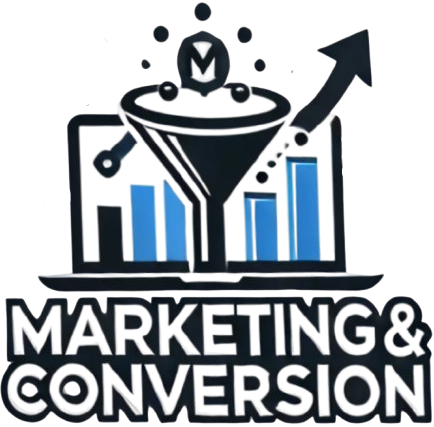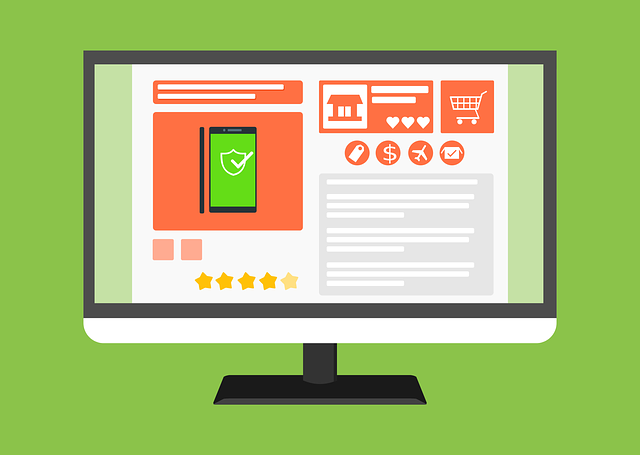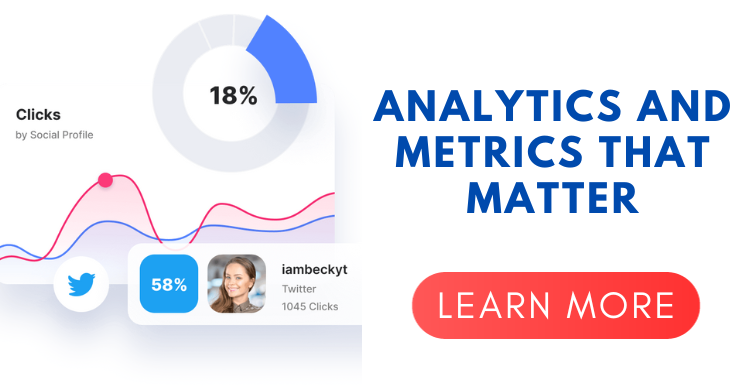How to choose the right eCommerce website building platform for your online store
For beginners in eCommerce platforms, it can be daunting. Here are the key aspects to consider when choosing one.
When it comes to budgeting, begin with a small scale and gradually expand as required. Although it may be challenging to find a comprehensive free alternative, you can gain a sense of a product’s capabilities by utilizing one of its lower pricing tiers before making a costly commitment.
Start by considering the features. The features will be influenced by your budget. All the eCommerce website builders mentioned here provide basic features. However, if there is a specific feature that is crucial for you (such as the option to sell in person), begin with that requirement and then assess the rest.
If you are not very technically inclined, it is important that you are comfortable navigating the interface as some website builders are more beginner-friendly. Your familiarity with website builders will determine which ones are suitable for you. It is crucial to consider this factor as your time is valuable.
If you encounter problems, are you okay with troubleshooting by yourself or do you prefer prioritizing support features?
As you expand, it is vital to have strong analytics in place. Therefore, ensure that the platform you select provides reports on your metrics in a manner that allows you to analyze and act on them with confidence.
Best eCommerce website building platform
1. Square
Web, iOS, and Android
If you have a small business and wish to have the flexibility to sell in person at events like farmer’s markets or craft fairs, as well as through your online store, Square is the ideal choice. With Square, you can conveniently manage all your online and offline orders in one place, eliminating the need to switch between different applications, search for customer information in various spreadsheets, or manually input data later on.
When you set up your store, Square is utilizing the website builder app Weebly, which they purchased in 2018. Therefore, if you ever come across a URL directing to weebly.com, there is no need for concern.
When you join Square, they offer excellent onboarding. As part of the sign-up process, you are required to complete a comprehensive questionnaire regarding your business and its requirements. Square will then guide you through configuring everything to meet those needs.
No matter how you want to sell items, Square simplifies the process. You have the choice to create either a single shopping page, a shoppable Instagram page, or a complete website and online store, depending on your preferences. The default theme will also be adjusted to align with the business category you have selected.
Square offers slightly less flexibility for storefront customization compared to other options. Instead of selecting a pre-designed theme that handles most of the customization, Square requires users to create their own design using their site builder, which is indeed exceptional. Alternatively, users can choose to hire a designer starting from $199 to handle the customization for them.
You have the option to create “items,” which Square refers to as products or services for sale, through either the Square Dashboard or the Square Online Dashboard. These items will be synchronized in a shared Item Library. Consequently, you have the flexibility to sell the same products in both online and offline channels, or choose to list certain items exclusively in one location.
To initiate an in-person sale, start by accessing the menu and choosing the Virtual Terminal option, which functions similarly to a digital cash register. If you possess a Square credit card reader (provided at no cost), you can conveniently swipe your customers’ cards, incurring a fee of 2.6% + $0.10 from Square, while their information will be seamlessly transferred to your account.
If you input your customers’ credit card information, you will be charged a fee of 3.5% + $0.15 for each transaction. Square’s online charges are comparable, with a fee of 2.9% + $0.30 per transaction on the free plan.
Additionally, Square has the capability to integrate with Zapier, allowing you to establish connections with numerous other applications. This enables you to perform actions such as generating contacts in other apps based on new Square customers or incorporating your Square customers into your email marketing app.
The cost for using Square is either free with a charge of 2.9% + $0.30 per transaction. This option allows for unlimited products and includes a Square-branded site. Alternatively, users can opt for a paid plan starting at $29 per month (billed annually) which also includes a charge of 2.9% + $0.30 per transaction. Choosing this plan allows users to use a custom domain and remove branding.
2. Shopify
The pricing falls within a range of $29 per month to $299 per month.
Shopify is the top ecommerce website builder overall, specifically for stores selling more than 10 products. It is responsible for powering more than 600,000 online stores and has a global user base of over 1 million active users. Shopify’s total sales exceed $100 billion, which indicates its effectiveness.
After carefully examining the data, we found that Shopify has secured the top position, displaying a 4.2% increase in our ranking compared to the previous year. Its score has risen from 4.6 to 4.8 out of 5, primarily due to its consistent efforts in enhancing its performance against rivals and introducing new functionalities like the capacity to oversee up to 1000 locations.
The reason Shopify is so impressive is because it is compatible with everything. It possesses a vast library of over 6,000 plugins, allowing you to install a majority of features on your website.
Shopify has made significant improvements in terms of ease of use, despite not being the most user-friendly editor due to its reliance on third-party apps. Our research indicates that its ease of use score has increased by 13.4% since last year, from 3.5 to 4 out of 5. Additionally, Shopify now offers its own internal service for digital product sales.
Shopify offers three pricing plans for users to select from, making it not the most affordable option. Nevertheless, it can be argued that the price reflects the quality of the service. As a website builder, Shopify has the capability to expand alongside your business, aiding its growth. In a survey conducted by our researchers, an impressive 93% of Shopify customers expressed satisfaction with the ecommerce website builder.
Shopify sales features
Shopify’s sales features are the most powerful among all the ecommerce website builders we have tested. It has even increased by 4.2% since last year, from 4.5 to 4.7 out of 5, primarily due to its inclusion of the mentioned digital product selling.
Not only does Shopify have one of the best inventory systems, but it also provides connections to over +100 different payment options. If you are planning to sell online, we suggest choosing Shopify.
3. Wix
The pricing for ecommerce ranges from $27 per month to $159 per month.
Wix, known for its popularity as a drag-and-drop website and ecommerce builder, has over 110 million users globally. Demonstrating its expertise in creating websites and online stores, Wix achieved an impressive overall score of 4.8 out of 5, a notable increase of 2.4% compared to last year’s score of 4.7, and shares the top position with Shopify.
Although the score might be tied, Wix is obliged to step down from the winner’s podium solely because Shopify possesses superior sales features.
Despite Wix showing improvement over the past year by 1.6% from a rating of 4.4 to 4.5 out of 5, it is unable to surpass Shopify’s superior range of ecommerce capabilities. Therefore, when evaluating the top ecommerce website builders, we must place greater emphasis on sales features.
Despite succeeding in multiple areas, one of Wix’s most notable strengths is being our top choice for a cost-effective ecommerce website builder. It achieves an impressive score of 4.4 out of 5 in this specific category, which is the highest among the platforms we researched. While it may fall slightly behind Shopify in terms of sales features, Wix excels in all other aspects.
With its dominant presence, this website builder surpasses other ecommerce-focused website builders in terms of quality. It offers much more than just an online store for a starting price of $27 per month, making it the best value builder we recommend.
While its tools and features are impressive, Wix is still more suitable for smaller online stores and may not be sufficient to handle a large or complex inventory. In such cases, we suggest opting for Shopify or BigCommerce instead.
Wix sales features
As previously mentioned, Wix’s sales features are not as outstanding as Shopify’s. However, this should not discourage you, as they are still highly commendable with a ranking of 4.5 out of 5. In fact, Wix’s sales feature scores were the only ones that either improved or remained consistent across all categories.
Wix has also introduced some enhancements in the past year, including the addition of big data capability and improved stock management functionality.
4. Squarespace
Easiest to use
The pricing for ecommerce ranges from $23 to $49 per month.
Squarespace, widely known for its creative finesse, proved to be exceptionally user-friendly in our research, making it ideal for small stores or individuals seeking to sell digital products online.
In our ease-of-use testing, it achieved the top spot with a rating of 4.3 out of 5, indicating its status as the most user-friendly builder. Squarespace’s editor offers ample creative freedom for designing a site to your liking, without producing unattractive outcomes. The editor’s user-friendly nature makes it perfect for beginners to acquaint themselves with website building.
Squarespace’s design score has decreased by -5% since last year, from 4 to 3.8 out of 5, due to increased competition from ecommerce website builders like Shopify. Although its templates consistently achieve a perfect visual rating of 5 out of 5, Squarespace has lost points in the design aspect.
Despite this, Squarespace remains an appealing option due to its stunning templates, robust inventory system, and numerous high-quality features. As a result, it holds the third position in our rankings, earning an overall score of 4.4 out of 5. This marks a slight decrease of -2.3% from its score of 4.5 out of 5 in the previous year.
Squarespace is known for its user-friendliness, ranking first in our ease-of-use testing with a 4.3 out of 5 score. This makes it the most straightforward builder to navigate. In addition to its ease of use, Squarespace is a great option for businesses looking to establish an attractive online store with traditional ecommerce functionalities. These include the ability to offer discounts and create promotional pop-ups.
Squarespace, with its professional templates, can effectively showcase your products and make your online store shine. It is a reliable option for your storefront, as long as you do not exceed its range of ecommerce features.
Squarespace sales features
Squarespace experienced the largest growth in its overall sales features score, rising nearly 9% from 3.4 to 3.7 out of 5, among all the ecommerce builders we evaluated. This increase can be attributed to the introduction of additional payment options such as a Buy Now Pay Later scheme, which aims to enhance customer experience.
Squarespace, although not as comparable to Wix or Shopify, offers a commendable ecommerce service, particularly suitable for smaller stores and sellers focused on art.



